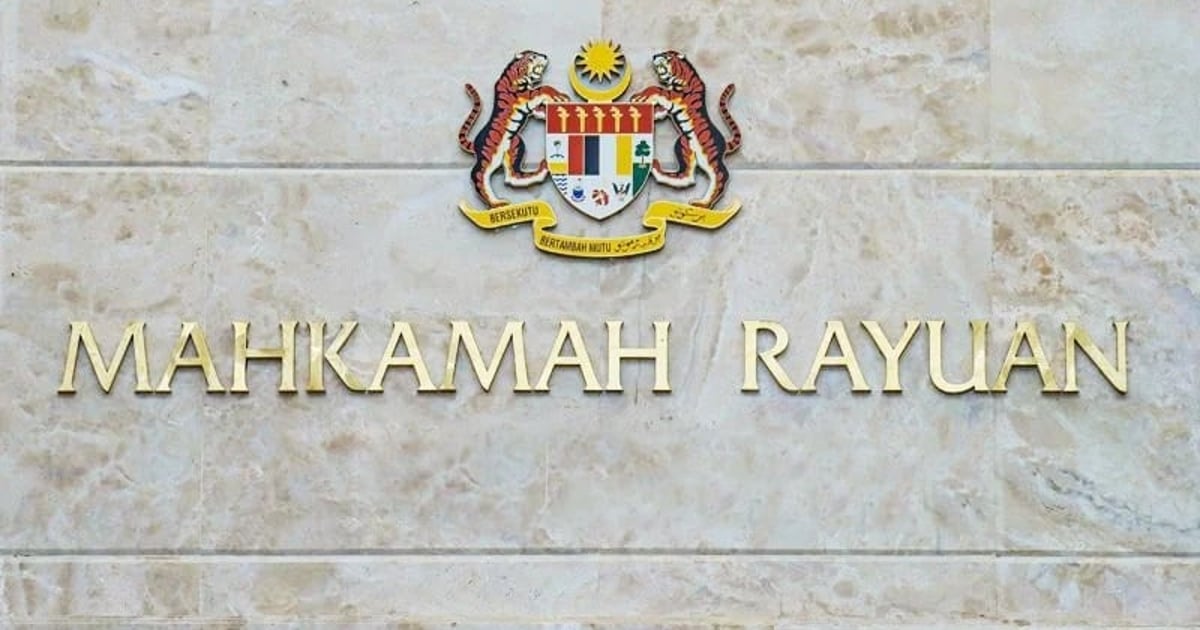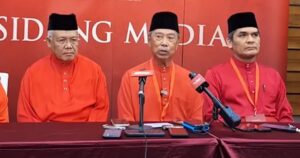
The Court of Appeal has asked disputing parties to attempt an amicable resolution of a case that involves the determination of whether a former secondary school teacher died a Muslim.
Justice M Nantha Balan, who chaired a three-member panel, said the matter was sensitive in nature with numerous implications for the family of the late B Raguram in a number of areas.
“Between now and the next date, see if you can find some sort of accommodation to take the matter to a logical conclusion,” he said.
Nantha insisted that despite hearing submissions from counsel K Shanmuga, who represented widow M Rajeswary and her two underage daughters, the three-member bench has yet to decide on the merits of the case.
“Do not read too much into what we said or suggested. All options are on the table and we are open to persuasion,” he said.
Also on the bench were Justices Nazlan Ghazali and Choo Ka Sing.
Earlier, Shanmuga submitted that the shariah court in Selangor has jurisdiction to hear matters only if both parties to a dispute are of the Muslim faith.
“In this case, the non-Muslim widow was issued a subpoena to be a witness in a matter brought by the Selangor Islamic religious council. She did not even appear as a party in the religious court,” he said.
Shanmuga further said the council had unilaterally obtained an order that Raguram is a Muslim as there were no defendants in the shariah court proceedings.
“The inheritance rights of the widow were affected when the shariah high court granted the order to the council,” he said, adding that the order ought to be quashed.
Shanmuga said the determination of whether Raguram died a Muslim or remained a Muslim, as contended by his widow, can only be determined by the civil courts.
“Our view is that this matter should have gone to the High Court due to conflicting evidence on the religious status of Raguram,” he added.
Turning to counsel Arham Rahimy, representing the Selangor religious council, Nantha asked whether it was viable for the matter to be contested in the High Court through the testimony of witnesses instead of via a judicial review proceeding.
The judge said the present case would end up “going in circles” since parties are harping on jurisdictional issues of the civil and shariah courts.
Both Arham and assistant legal adviser Khairul Nizam Abu Bakar, who appeared for the Selangor government and the shariah high court, said they needed to obtain further instructions on the matter.
The present appeal arose following a ruling by the Shah Alam High Court on Nov 10 last year that it had no jurisdiction to hear and determine whether Raguram died a Muslim.
Justice Shahnaz Sulaiman said the matter fell within the domain of the Selangor shariah court in light of a decision of the Federal Court in the case of Rosliza Ibrahim v Kerajaan Negeri Selangor & Anor pronounced two years ago.
Shahnaz added that a statutory declaration which Raguram affirmed on March 2, 2015, showed he had converted to Islam.
Dismissing the judicial review application, the judge said the only issue before her was whether Raguram was still a Muslim when he passed away on March 14, 2020.
Filed in September 2020, the suit was brought by Rajeswary and her two daughters and named the state religious council, its shariah high court and the Selangor government as respondents.
It sought declarations that Raguram professed the Hindu religion when he died and that the shariah court had no jurisdiction to determine his religious status.
The suit also sought an order prohibiting the shariah high court from giving the religious council the authority to exhume Raguram’s remains.
The shariah court had on May 21, 2020, ruled that Raguram was a Muslim at the time of his death and issued consequential orders on that premise.






